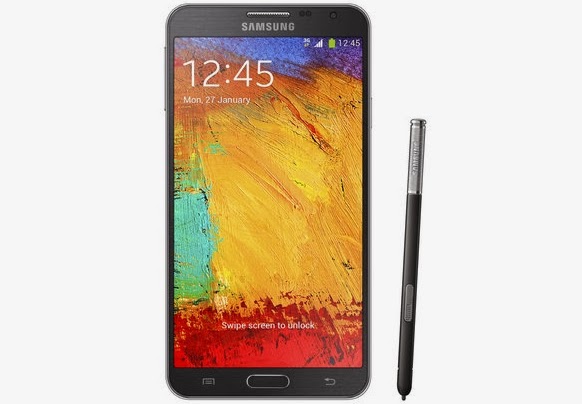Transfer Data Between Device Screens Without Pairing Using Tagtal tStylus
 |
Transfer Data Between Device Screens Without Pairing Using Tagtal tStylus |
With the tstylus you don't need to pair the devices with one another as you do in bluetooth.
tStylus works using an application which acts like a test file. You use the stylus to select a section of the screen and push on it. The area will blink to show that loading is taking place. The stylus then saves the data on a server which sends back a random specific code, which is now the item’s ID. The phototransistor at the point of the stylus ‘sees’ the loading signal, and records the code. Then, if you want to transfer the item on to another device, all you have to do is touch the second screen with the stylus. As soon as the app recognises the ID code, it will go into drop mode. “Small amounts of data are stored directly on the stylus, the rest in the Cloud,” explains Tagtal founder Linchuan Wang. As for data security: “It would be impossible from a practical point of view to intercept the data at any point in the transfer process, as the information is encrypted instantaneously,” he stresses. So far, the stylus is only compatible with iOS devices.
 |
Method to use tstylus |
The software behind the data transfer is called OSP (On-Screen Port). It also relies on the cloud to receive the data.The company is also creating a couple of apps including Tagtal Paper, which allows users to write and draw, and then use the stylus to copy between devices. Tagtal Album is another app in development that allows users to view and copy photos.
 |
Tagtal's Paper application for drawing and sharing with the stylus |
The company is trying to raise $20,000 on Indiegogo to further develop tSylus toward mass production. With still 16 days left in the project's campaign, funders had pledged just over $1,300, as of Wednesday afternoon.
A limited number of funders can get the tSylus in black or white for $29, with estimated delivery in December. The device is expected to eventually retail for $80.
A limited number of funders can get the tSylus in black or white for $29, with estimated delivery in December. The device is expected to eventually retail for $80.


